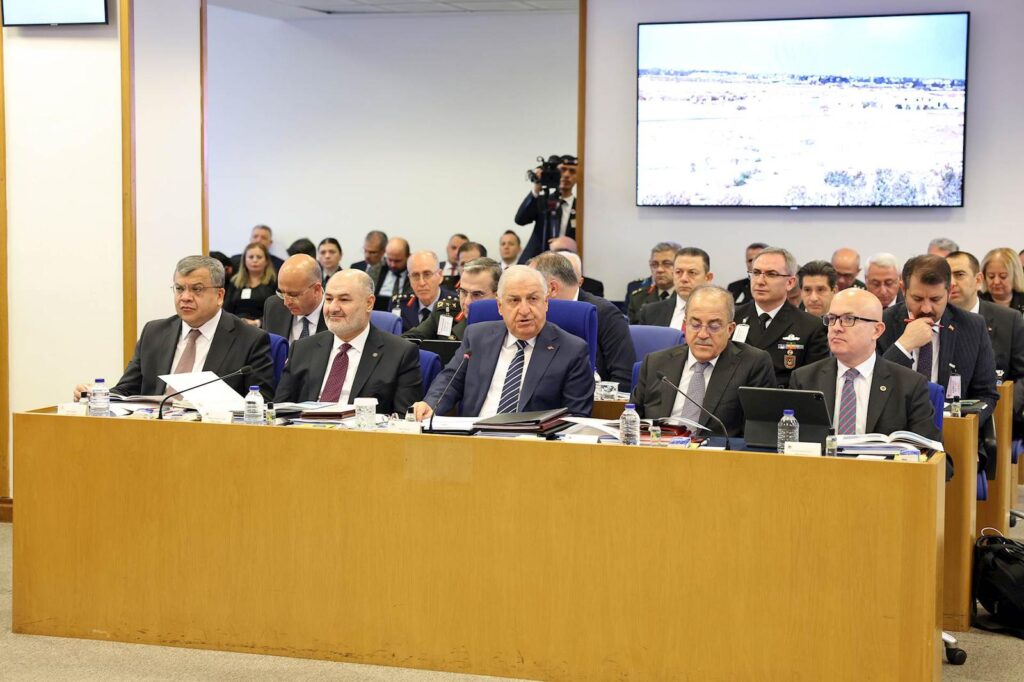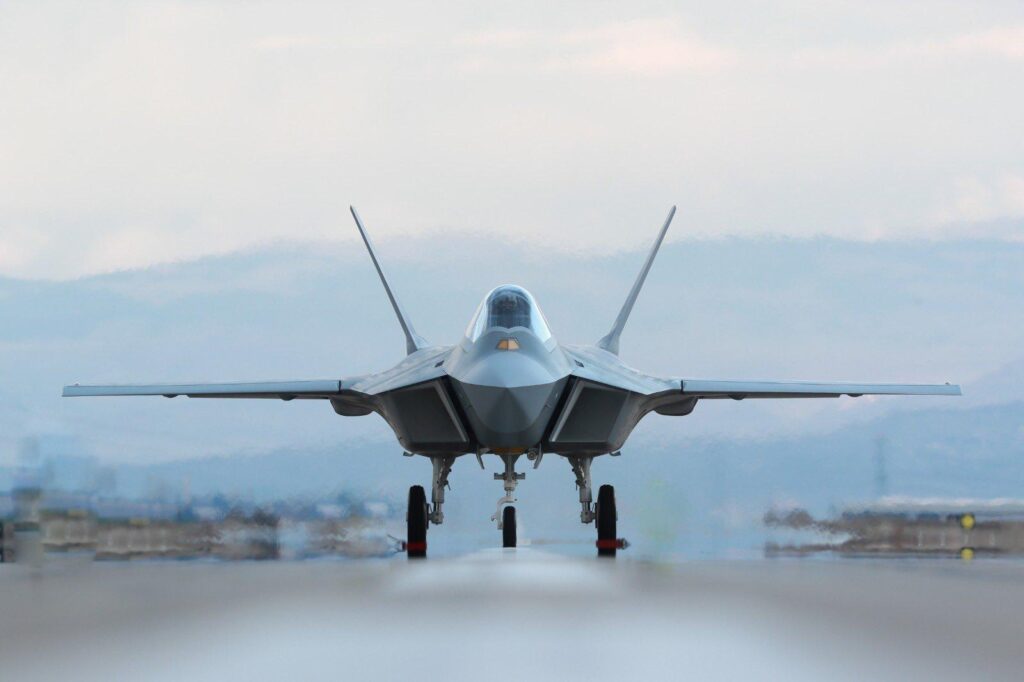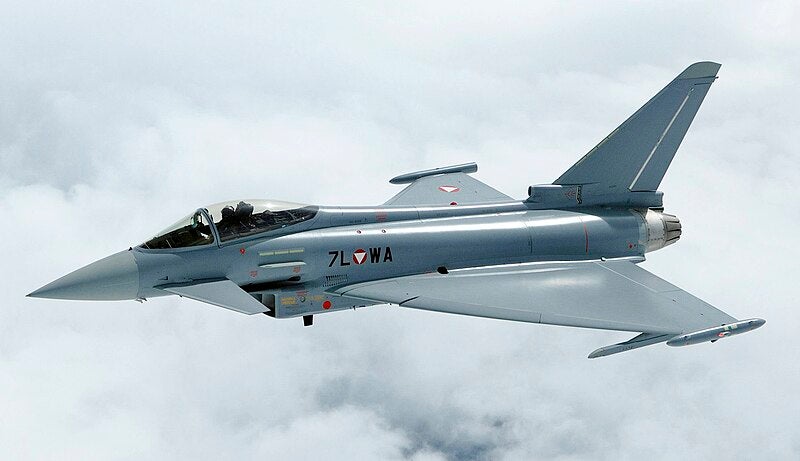Turkey Is In Negotiations For The Purchase of 40 Eurofighter Typhoons
Turkey has turned to Europe’s multinational aircraft, the Eurofighter Typhoon, to bolster its air force, following Turkey’s ejection from the F-35 program and difficulties in procuring additional F-16 aircraft from the US. This plan, which had been implicitly mentioned several times by Turkish officials before, was confirmed by Turkish Defense Minister Yaşar Güler during the parliamentary hearing held on Friday, November 17. Turkish Defense Minister Yaşar Güler responded to a member of parliament’s question about whether the “Eurofighter Typhoon” aircraft would be purchased by saying: “We are working on the Eurofighter. We want to purchase the Eurofighter.”

Minister Güler continued his statement by noting that the Eurofighter, which he described as a “very effective aircraft,” was produced by the EF-2000 consortium partners, and that while Spain and the UK had welcomed the sale, Germany opposed it. The defense minister stated that the UK and Spain have made a commitment to Turkey that they will solve this problem and said, “We plan to purchase 40 Eurofighter jets.” if all obstacles to this purchase were cleared up. Güler, however, did not comment on the position of Italy, the Eurofighter consortium’s fourth member, on this issue. Given Yaşar Güler’s statements and Turkey-Italy relations, Germany appears to be the only country currently opposed to the sale.
Turkish President Recep Tayyip Erdoğan visited Berlin on the invitation of German Chancellor Olaf Scholz one day after Turkish Defense Minister Yaşar Güler’s Eurofighter statements. The two leaders fielded questions from journalists during a joint press conference held prior to the one-on-one meeting and working dinner between the delegations. In response to a German journalist’s question about how Turkey’s stance on the Israel-Hamas war will affect the two countries’ defense industries, particularly Eurofighter demand, Erdoğan stated, “Germany may or may not give on the Eurofighter issue. Is it only Germany that produces warplanes in the world? We will work on them and procure them from various places. Currently, Turkey has become one of the leading countries in terms of unmanned aircraft. As a member of the press, do not threaten us with this.”
The Turkish Air Force currently has nearly 250 F-16s and more than 50 F-4 jets in various configurations in its inventory. According to Turkish Defense Minister Yaşar Güler, these aircraft are currently sufficient for the operations and missions carried out by Turkey. However, if Turkey is unable to procure new advanced jets or modernization kits for existing aircraft in line with modern standards, the air force will face problems in the future. In order to fill this aircraft deficit, Turkey hopes to procure 40 new F-16Vs, which it requested from the US, and 79 modernization kits for its existing fleets or Eurofighters from Europe in the short term. It is believed that Turkey will procure types of both aircraft rather than having to choose between the F-16V and the Eurofighter in the optimistic scenario where both requests are approved. If the ongoing delays for the F-16 deal continue and Germany rejects Turkey’s Eurofighter request, Ankara is likely to turn its eyes to China.

It should not be forgotten that Turkey is developing two aircraft for different purposes domestically as part of its long-term plans. One of these is a single-engine, tandem-seat, supersonic advanced training, and light combat aircraft being developed by Turkish Aerospace Industries. HÜRJET, which made its first flight on March 18, 2023, is expected to enter the inventory of the Turkish Air Force by 2025. The Turkish Air Force will initially receive 16 Hürjet aircraft. Afterwards, Turkish Aerospace Industries aims to improve its production capacity and provide two Hürjets to the air force every month. The second and most important project being developed by Turkish Aerospace Industries is the 5th generation fighter aircraft, initially referred to as TF-X and later renamed KAAN. he KAAN, which is slated to make its first flight by the end of the year, is expected to enter the Turkish Air Force’s inventory in 2028 and serve until the 2070s.

